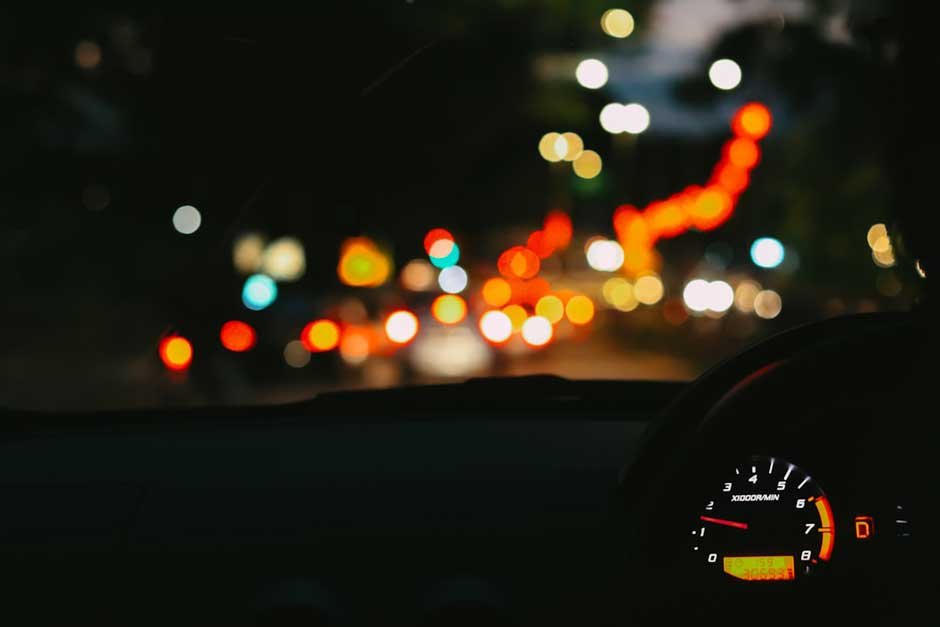Being involved in a drunk driving accident can be a traumatic and life-altering event. It’s a scenario that unfortunately unfolds all too often on the roads of Illinois. The emotional, physical, and financial toll can be overwhelming for victims and their families. Keep reading to learn about the necessary measures to protect your interests and navigate the legal landscape in Illinois following a drunk driving accident.
Understanding Illinois Drunk Driving Laws and Victim Rights
Illinois takes a strict stance against drunk driving, with laws in place that aim to deter and penalize offenders. For victims, comprehending these laws is the first step toward seeking recourse. Illinois’ legal system provides that a driver found guilty of operating a vehicle under the influence can face severe punishment, ranging from fines and license suspension to imprisonment.
Above the criminal charges, victims have the right to seek civil damages. These can cover medical expenses, lost wages, pain, and suffering, among other losses. Illinois follows a comparative negligence system, which could affect the compensation if the victim is found partly at fault. However, in cases of drunk driving, the fault is typically clear, with sympathy lying with the victim.
For any victim, navigating the legal options can be daunting. There are statutes of limitations that set a deadline on when you can file a lawsuit, demonstrating the importance of prompt action post-accident. Consulting a qualified lawyer can ensure your rights are protected and can help interpret each regulation’s nuances.
It’s equally vital to recognize that as a victim, you’re not alone in this battle. Illinois has victim advocacy groups and legal teams with accident lawyers that specialize in these cases. A notable example includes assistance for those who have been in a drunk driving accident in Illinois, providing the necessary support and guidance for affected individuals and their families.
Immediate Steps to Take Following a Drunk Driving Accident
In the chaotic aftermath of an accident, quick thinking and action are critical. Firstly, ensure the safety of yourself and any passengers by moving to a secure location, if possible, without exacerbating any injuries. Then, call 911 to report the accident, providing details about the suspected drunk driver’s behavior to the dispatcher.
Remain at the scene until law enforcement arrives and collect evidence by taking photographs and videos of the scene, damages, and any visible injuries. This visual proof can later substantiate your claims in court. Exchange information with the other driver, but refrain from discussing fault or details of the crash—these statements could be misinterpreted or used against you later on.
Witnesses can play a crucial role in supporting your case, so gather contact information from anyone who saw the incident. Their testimony could prove valuable when establishing the at-fault driver’s negligence. In the same vein, securing a copy of the police report once it’s filed can offer an official narrative of the accident to support your claims.
Even if you feel unharmed immediately after the accident, it is vital to seek medical attention. Injuries from vehicle accidents, like whiplash or internal trauma, might not be immediately apparent. A thorough examination by healthcare professionals will not only ensure your well-being but will also generate medical records that are essential pieces of evidence if you pursue compensation.
Legal Recourse for Drunk Driving Accident Victims in Illinois
Understanding your legal recourse is essential in the journey toward just compensation. Victims have the option to file a personal injury lawsuit against the at-fault driver. In Illinois, punitive damages may also apply if the conduct of the drunk driver is found to be exceptionally reckless. Such financial penalties serve as a deterrent for future misconduct while providing extra compensation for victims.
The prospect of a court case might seem overwhelming, but working with an attorney specializing in drunk driving accidents can significantly lighten the load. They can handle the intricacies of your case, including court filings, evidence collection, and representation during negotiations or at trial. Remember that choosing a lawyer with a strong track record in similar cases can greatly increase your chances of a successful outcome.
A crucial aspect to consider is time—Illinois has specific deadlines, known as the statute of limitations, within which you can initiate legal action. Missing this deadline can forfeit your right to pursue damages. Hence, it is imperative to seek legal counsel promptly to ensure that all necessary steps are taken in time.
Overall, navigating the aftermath of a drunk driving accident is challenging, but knowing the right steps to take can make the process more approachable. Engaging with the legal system, seeking medical care, documenting all aspects of the accident and injuries, and tapping into the support resources available in Illinois are essential moves toward recovery and justice.
The post Navigating the Aftermath: What To Do as the Victim of a Drunk Driving Accident in Illinois appeared first on Heal How.







